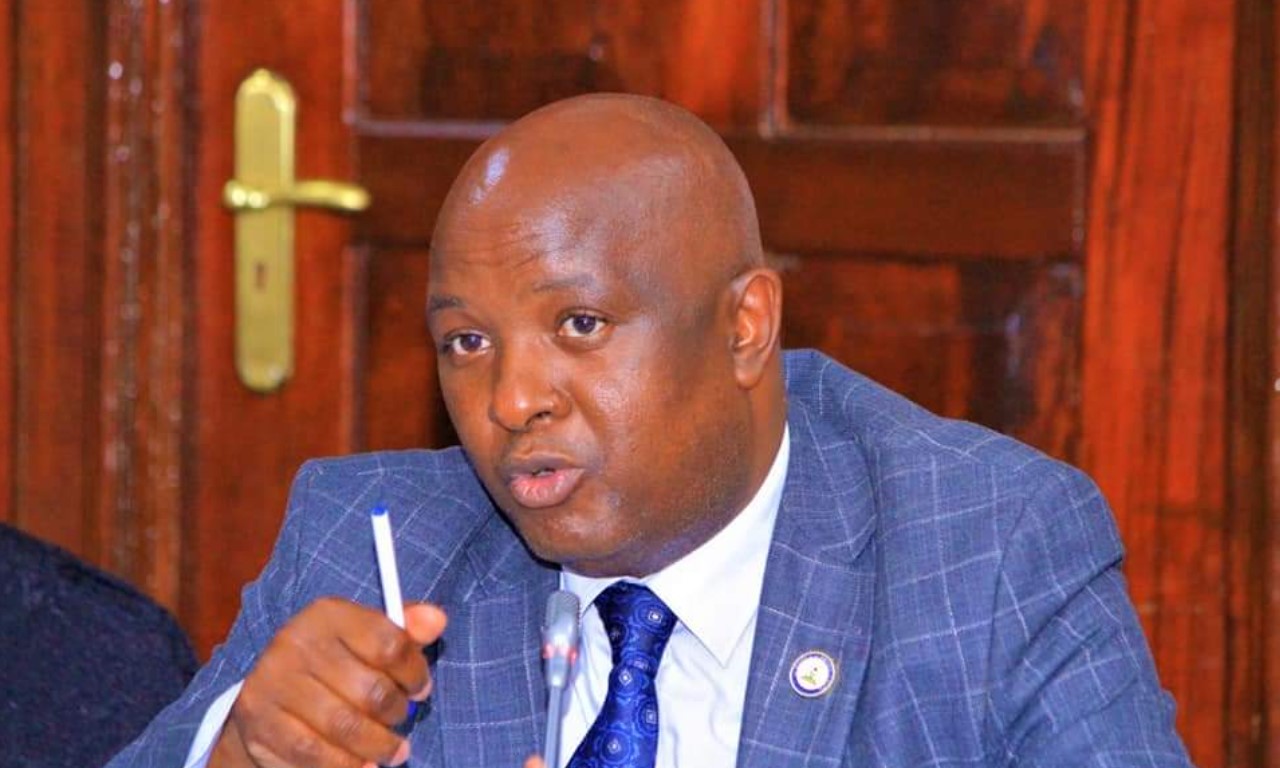Senate recommends scrapping county bursary funds citing constitutional violations

Governors have defended the bursaries, arguing that they help disadvantaged students who miss out on national government scholarships and other forms of financial aid.
Senators have recommended the abolishment of bursary funds established by county governments, claiming they lack legal backing.
The Senate County Public Investments and Special Funds Committee, in a report presented to the House, argues that funding for education at primary, secondary, tertiary, and university levels is beyond the devolved functions of county governments.
More To Read
- 2025 KCSE concludes smoothly as government reports sharp decline in exam cheating cases
- Tension mounts as school heads, teachers’ union reject new TSC leadership structure
- 78 people arrested over exam malpractice as KCSE enters final stretch
- TSC calls on teachers to embrace professional development for CBE curriculum
- How AI is reshaping education across Africa
- Kenyan school wins global education award in Dubai
The committee notes that county governments are only responsible for pre-primary education, polytechnics, home craft centres, and childcare facilities.
“Governors should ensure that all county-established bursary funds are abolished. Under the Fourth Schedule of the Constitution, county governments are responsible for pre-primary education, polytechnics, home craft centres, and childcare facilities,” reads the report.
Despite this, counties have been allocating funds for bursaries at all levels of education, diverting resources away from their constitutionally designated functions.
“Resources currently allocated to bursaries should be redirected towards essential county responsibilities as outlined in the Constitution,” the committee said.
Political campaigns
The senators’ recommendation is likely to spark tensions with governors and ward representatives, who have been distributing bursaries to constituents, often as part of political campaigns.
Governors have defended the bursaries, arguing that they help disadvantaged students who miss out on national government scholarships and other forms of financial aid.
The report also highlighted the existence of ward bursaries, which are primarily controlled by Members of the County Assembly (MCAs), and county bursaries, managed by county executives.
“The committee observed that there were multiple cases across various counties where students received bursaries from multiple wards within the same county,” it said.
The practice of awarding bursaries from both the County Bursary Fund and other donors has led to inequitable distribution of resources, leaving deserving students without support.
Senators also raised concerns about counties operating multiple bursary funds without clear regulations.
“The committee observed that certain Bursary Fund regulations were made by County Executive Committee Members (CECM) under the national Public Finance Management (PFM) Act, Cap. 412A,” reads the report.
However, the committee pointed out that section 205(1) of the PFM Act grants the Cabinet Secretary responsible for finance the authority to make regulations, not county executives.
“Regulations within the County should instead be formulated under county-specific legislations,” they stated.
County legal offices
The committee led by Vihiga Senator Godfrey Osotsi further highlighted the inadequacies of county legal offices, noting that reliance on national laws to create county-specific regulations highlights the lack of technical and legal advice available to counties.
The report recommended that governors take steps to develop county-specific legislation to guide bursary fund management and ensure alignment with the principles of devolved governance.
Additionally, the committee urged governors to focus on strengthening the capacity of county attorneys through professional development activities, ensuring better compliance with constitutional and legal requirements.
Top Stories Today














































